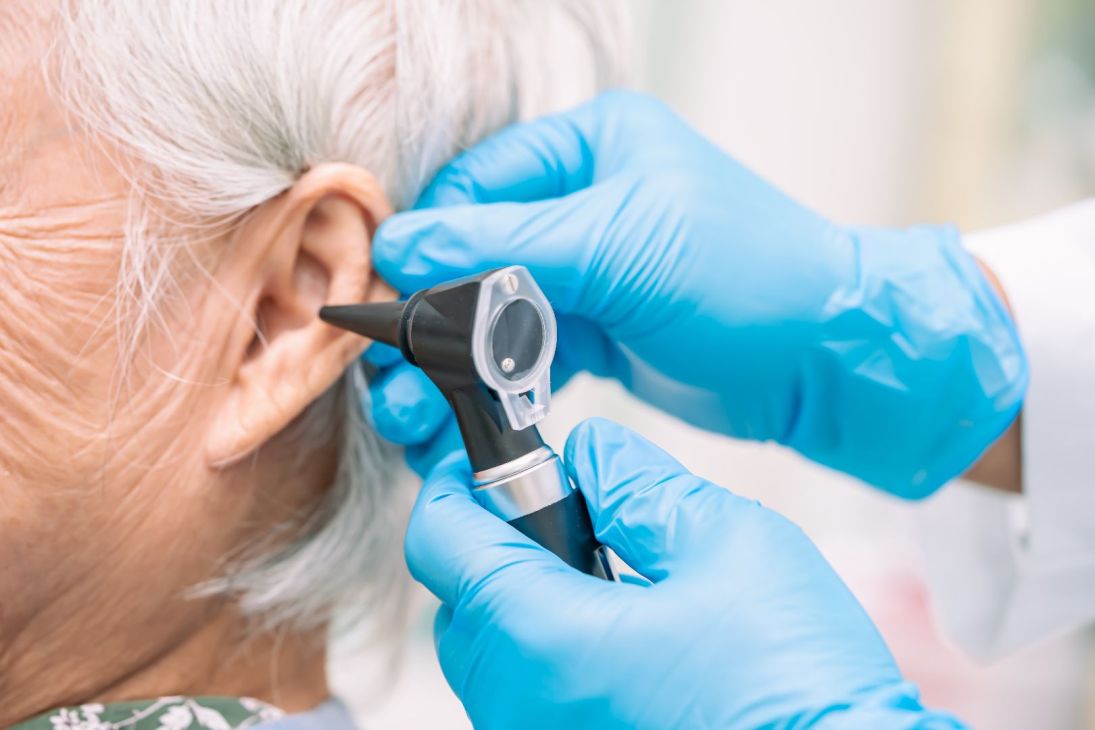
The Connection Between Hearing and Quality of Life in Older Adults
Have you heard? Aging is just a natural part of life! As we age, though, our sensory abilities can decline. One of the most significant changes to our sensory abilities is hearing loss. It’s not uncommon for older adults to experience hearing loss, but how does it affect our quality of life?
Although it may seem like a minor inconvenience when we first start to experience the loss of our hearing, its impact can be profound and complicated. It also underscores the importance of regular appointments with an audiologist.
Hearing loss is extremely common in seniors, with nearly half of those older than 75 having hearing issues, according to the National Institute on Deafness and Other Communication Disorders. Age-related hearing loss, or presbycusis, occurs gradually and is often permanent, significantly affecting our daily living.
From cognitive decline to social isolation, the effects of hearing loss are multifaceted, but for the purposes of this blog we can put them in the following four categories:
Social Isolation
One of the most immediate signs of hearing loss is difficulty communicating. For older adults, hearing loss can mean isolation from friends, family and other loved ones, which in turn leads to frustration, anger and, eventually, isolation.
Hearing-related social isolation is rooted in the avoidance of awkward or embarrassing situations in which we cannot effectively communicate. This is one of the biggest risk factors for cognitive decline and a lower quality of life, which leads us to…
Cognitive Health
Seniors who are experiencing hearing loss are at a far greater risk for developing dementia. The exact reason for this is not certain and research persists, but two common theories have presented themselves: one is related to social isolation and the cognitive decline associated with it that we discussed above.
The other theory proposes that because our brains need to work harder to process sound when we experience hearing loss, this diverts resources away from our other cognitive functions.
Emotional Impact
With social isolation and a decline in our cognitive health, there is an obvious impact on our emotional well-being. We’ve already touched on how hearing loss can lead to frustration and stress. However, over time, these effects can bloom into more serious issues like anxiety and depression. Additionally, older adults may have more pronounced problems with their self-esteem and loss of independence if they’re not able to effectively communicate with others.
Physical Decline
Lastly, hearing loss can take a toll on our physical health. Seniors are more likely to experience falls, which is thought to be connected to less environmental awareness and issues with balance. Our hearing helps with our spatial awareness and, when that’s taken away, it becomes harder to navigate our environment.
So, what do we do about all of this? The four points listed above can seem scary, but we aren’t helpless in addressing hearing loss. Hearing aids and other assistive listening devices can dramatically improve our hearing and quality of life. Also, regular hearing screenings and early intervention can be critical in managing hearing loss effectively. Be sure to schedule routine hearing appointments like you would your primary care appointments or dental checkups.
Hearing loss in older adults is more than just an inconvenience; it can have a profound influence on our quality of life. From social isolation to physical health issues, the impact is wide-ranging. For more information, please contact the Masonicare Hearing Center at 203.679.6909.

